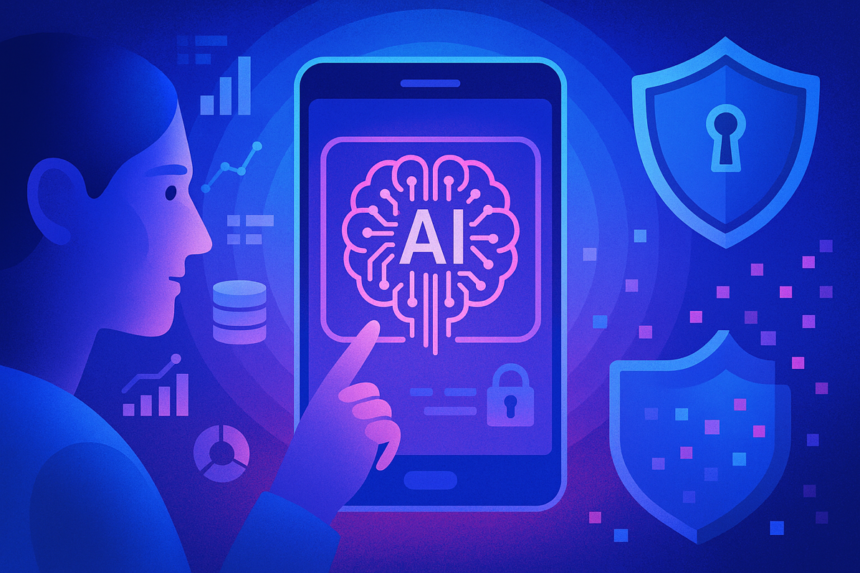Generative AI has gained significant traction across industries, but with this rise in usage comes growing concerns about its impact on data privacy and security. Experts, including Brittany Kaiser, a well-known whistleblower from the Cambridge Analytica scandal, have warned about the risks that AI-generated content poses to personal data. This technology, while revolutionary, has sparked debates on how it can be used responsibly to prevent manipulation and misuse.
What’s Happening & Why This Matters
Generative AI remakes industries by automating tasks, creating realistic content, and enhancing decision-making. However, Brittany Kaiser has pointed out that this rapid advancement in AI can compromise privacy, especially as AI systems become more adept at producing deepfakes and other misleading content. The ability of AI to generate text, images, and even videos that look convincingly real can have dire consequences for elections, commercial interests, and national security.

As AI models become more sophisticated, they can manipulate reality, leading to disinformation campaigns that target vulnerable populations. Kaiser, a former data rights activist, advocates for stronger regulation to ensure that AI is used ethically. She suggests that open-source AI systems could be the key to reducing misuse, as they offer greater transparency and accountability, which proprietary models lack.
The global conversation surrounding data privacy and AI ethics has reached a critical point, with governments and tech companies working to establish frameworks that balance innovation with the need for security and transparency. Kaiser’s warnings about AI’s growing influence on personal data are timely, highlighting the importance of regulating AI before it becomes even more pervasive.
TF Summary: What’s Next
As AI’s influence expands, the need for global cooperation on data protection and AI regulation is growing. The balance between innovation and privacy protection is delicate, and future legislation will likely address the risks associated with AI-generated content. In the coming years, expect to see more initiatives focused on ensuring that AI operates in a way that respects user rights and minimizes harm.
— Text-to-Speech (TTS) provided by gspeech


